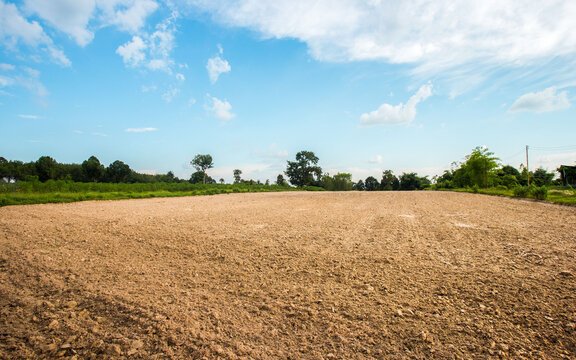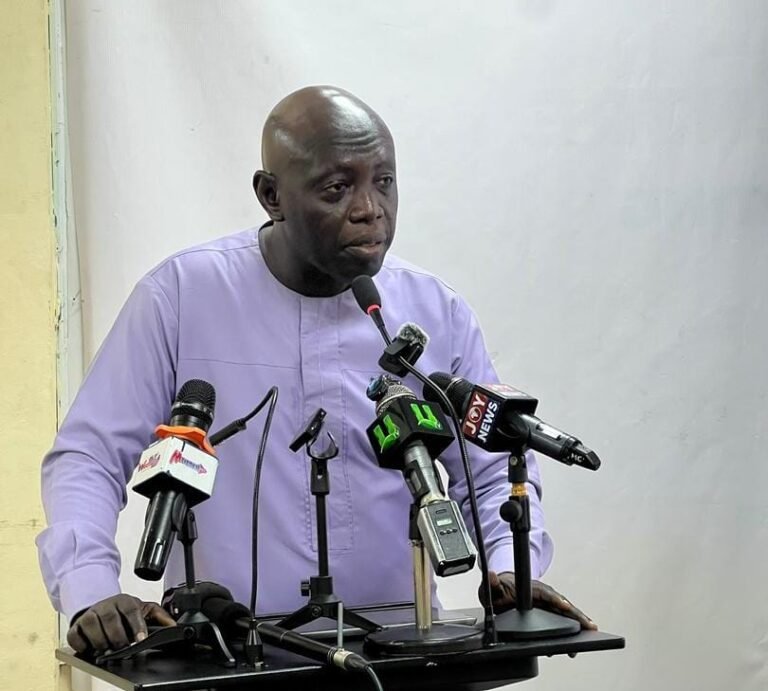
The traffic situation in Ghana, like most West African countries, is becoming unwieldy.
Addressing it certainly requires serious technological efforts which should come with enough resources with the potential to create jobs.
The New Patriotic Party government, in that regard, has shown initiative and commitment, having added hugely to the urban and highway road networks, and still pursuing that agenda through the “Year of Roads”.
Interchange projects, from Obetsebi Lamptey through Pokuase and Kumasi to Tamale, continue to light up the country, with the eastern and western parts of the country witnessing ‘revolution’.
Railway sector
In the railways sector, the same innovation is taking place, despite the current constraints on the national economy occasioned by external forces.
The Ghana-Burkina Faso Railway Project is ongoing, as hopes for vibrancy reverberates along the Sahel-Savannah trade stretch, with communities in the northern regions positioning themselves for more and more economic opportunities.
It is the same trend in the aviation sector where government is supporting private investment through infrastructural development to improve local air transport, and help reduce stress on our urban and highway networks.
Sea and lake transport
The announcement, therefore, by the Chief Executive Officer of the Coastal Development Authority (CODA) about government plans to begin a sea transport system is refreshing.
A project of that magnitude certainly has the capacity to improve transport, and reduce costs in doing business across a wide stretch and equally vibrant economic space.
Not only will it add to an enhancement of the space in which our inland water transport system operates, but will also help reduce post-harvest losses, where cargo ferries are introduced into the space such as we have along the Volta Lake.
That also means jobs for young people and commercial activity that attracts women and the youth.
Tourism
We can also trust that such an initiative will help dramatically to enhance prospects in the tourism industry with the potential, again, to create more and more jobs.
The local sea and lake transport sectors have been an underserved area of the national economy since national independence. It is therefore revealing that the idea has not only been mooted but that government is seeking to partner private interests in developing the sector.
In the opinion of the Daily Statesman, investment in the sector may not be crunchy as long as state actors support monitoring of the natural resources, and offer meteorological services to operators.
Infrastructure stress
As we would admit, crop and livestock cargoes alone coming down from the Sahel and Savannah are enough to weigh on our road networks, and reduce their lifespan substantially.
That is besides the movement of cargo, including salt, timber products and huge volumes of hardware, that enters Sahel nations through the Takoradi and Tema ports.
It is the hope of the Daily Statesman that the CEO’s assurance will not be just one of the political talks, but that developing relevant frameworks and contacts would be accelerated in giving meaning to the vision.
It is a fact that we need more innovation in the transport sector. Fortunately, a major feature of development is that it comes with jobs and improvement in lives and wellbeing of communities.
It is in that regard that the Daily Statesman calls on CODA to accelerate the processes for the project to begin.
It is also in that regard that we support the call for local investors and banking institutions to show courage in investing in the sector to help boost infrastructural development, and create jobs for the benefit of the nation’s teeming population.







